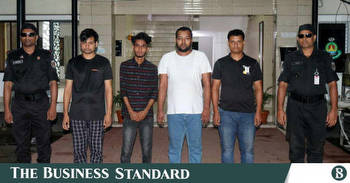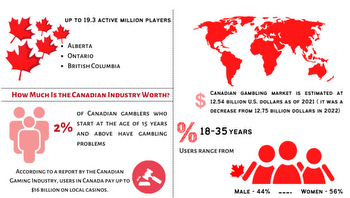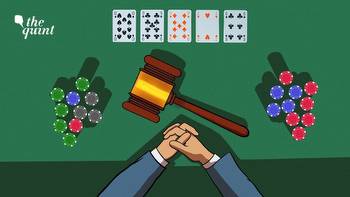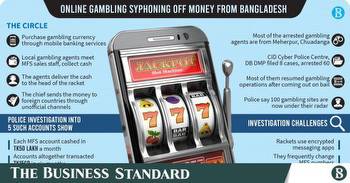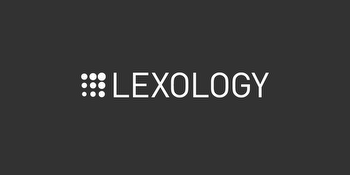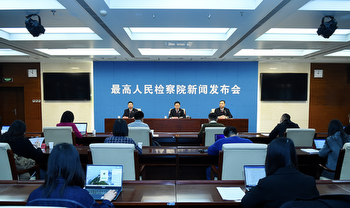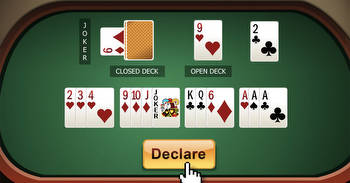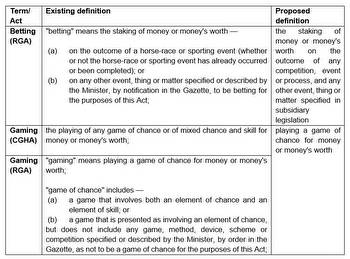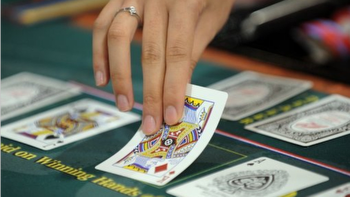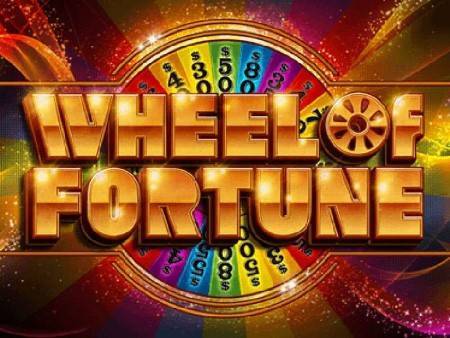It's high time we regulate online gaming, gambling and betting

As Bangladesh embraces the journey towards Smart Bangladesh to reap the benefits of technological advancements, it must also address the challenges that come with it.
Two of the most notorious beneficiaries of technological revolution are online "gambling and gaming," reshaping how we engage with games of chance and with games of skill. In the name of the digital entertainment revolution, the convergence of 'gambling and gaming' is blurring the lines between both legal and illegal online activities.
Social casino games and loot boxes in video games have introduced elements of chance and gambling into the gaming experience. Players can spend real money to obtain in-game items, raising questions about the ethics and potential harm of such systems, especially among young players.
The rise of online gambling started with the convenience of wagering from the comfort of one's home and 24/7 access. Mobile apps have made gambling even more accessible, allowing people to play and place bets on the go.
The choices are virtually limitless, from conventional casino games like poker, blackjack and roulette to innovative online slot machines and sports betting. Random Number Generators (RNGs) and live dealer options provide an immersive casino experience that rivals brick-and-mortar establishments.
While these trends may have brought entertainment and economic opportunities, they have also given rise to many issues that warrant attention. One of those issues is that the current gambling laws are outdated and insufficient to deal with the emerging forms of online gambling and gaming.
Ahead of the Men's Cricket World Cup 2023 fever taking place all over India, let's reflect on this timely topic. The legality of 'betting on cricket matches' can be ambiguous and unclear. Some states in India may not have specific laws directly addressing online betting. Others might have outdated laws that do not consider online gambling, whereas others limit or outright prohibit them.
Any form of online advertisement or promotion of gambling or betting, directly or indirectly, on any media platform falls foul of the various statutes. So, a word of caution to the thousands of Bangladeshi citizens planning to travel to India to watch these matches.
What the law says
Under Article 18(2), the Constitution of Bangladesh mandates the state to adopt effective measures against gambling, reflecting the disapproval of gambling activities based on moral values. While this provision is not legally enforceable, it merely guides legislative actions concerning only gambling, not gaming.
The gambling laws have their roots in the British era. The primary legislation is the Public Gambling Act of 1867, with its amendments allowing certain government lotteries, impose taxes on horse racing tote/bookmakers, with very lenient penalties of a maximum one-month imprisonment or fees as minor as Tk100.
The Act targets the ownership or operation of common gaming houses and participation in gambling activities involving cards, dice, money or other items.
Additional ordinances dealing with gambling in public places include the Dhaka Metropolitan Police (Amendment) Ordinance, 1976, the Chittagong Metropolitan Police Ordinance, 1978 and the Gazipur and Rangpur Metropolitan Police Act, 2018.
But none of these explicitly cover online casinos based in foreign countries. The classification of online poker as a game of skill or chance remains undetermined, leaving room for interpretation. At the same time, the lack of jurisdiction over these sites in foreign countries makes it challenging to enforce penalties that are proportionate. This also makes its enforcement selective, with limited impact on deterrence.
Only the traditional gambling activities are occasionally raided by the police, particularly in pool clubs, restaurants and cafes. In contrast, betting on sports such as cricket, carrom and kabaddi is not unusual.
One of the critical challenges in regulating digital activities such as online gambling, gaming or betting in the digital domain is its ability to transcend borders, and for criminal groups to smuggle large amounts of money to various locations/jurisdictions.
Law enforcement attempted to resort to specific provisions of the Digital Security Act (DSA), 2018, that aims to regulate digital activities, deter fraudulent practices, and provide legal consequences for offences committed in the "digital domain" against the perpetrators of illegal online gambling, gaming or betting.
However, upon digging deep into sections 23, 24, 26, 30, and 35 of the DSA, it appeared that they do not specifically address "online gambling, gaming or betting".
Most gambling, gaming or betting platforms operate offshore, making it difficult for local authorities to regulate and monitor these activities effectively. The law enforcement agencies had difficulty prosecuting individuals involved due to outdated and weak gambling laws. Often, they have to resort to narcotics, arms, money laundering or terrorist financing.
With the increase in the popularity of online gambling, gaming or betting in the digital domain, it has become a convenient tool for money launderers to integrate illicit funds into the financial system. A Bangladeshi poker player will likely opt for international poker sites as they can freely access online lottery portals operated by international operators.
The "so-called smart criminal" posing to be the player exploits the anonymity offered by online platforms to move, convert and transfer proceeds of crime, or disguise them as legitimate winnings.
To prevent these "smart criminals" from abusing the digital domain, the Bangladesh Telecommunication Regulatory Commission (BTRC), through its Digital Security Cell, has attempted to combat illegal gambling by conducting periodic crackdowns, arrests and shutting down of illegal establishments.
To protect financial integrity and ensure a safer and more transparent gambling environment for its citizens, BTRC successfully blocked 331 online betting websites as part of its regular monitoring efforts, according to a recent press release.
BTRC has also urged international technology companies like Google, Facebook and YouTube to take action against 246 more applications and links related to online gambling.
Google Play Store has closed 14 gambling-related apps, and steps are being taken to close the remaining 136 apps. Facebook and YouTube have blocked 17 gambling links out of the requested 96 links.
Another vital instrument in this regard has been the Money Laundering Prevention Act, 2012 (MLPA), which provides a comprehensive legal framework to combat money laundering, including gambling-related activities.
Blockchain technology's intensification of payment methods has entered the scene, offering decentralised, transparent and secure gambling and gaming platforms using cryptocurrencies like Bitcoin and Ethereum to enable players to make anonymous transactions.
All cryptocurrencies like Bitcoin or engaging in Bitcoin trading or gambling are banned in Bangladesh. Using them for ownership or trade can lead to severe penalties, including imprisonment.
The online gambling, gaming and betting revolution has transformed how we entertain ourselves in the digital age. It has brought convenience, variety and social connectivity to our entertainment experiences. However, it has also posed challenges related to addiction and ethical concerns, taking a toll on society.
Popularity and excessive surge in gaming can lead to addiction, neglect of academic and professional responsibilities, and even mental health issues in the younger generation. There is a growing call for responsible gaming practices and parental guidance. Gamblers' families suffer from financial instability, as gamblers often squander their savings and take on debts to fuel their addiction.
Furthermore, illegal gambling operations destabilise the economy by draining money from the country's financial system. As a result, the government becomes deprived of potential tax revenue and struggles to regulate and control the industry to protect its citizens from fraudulent practices and scams.
As digitalisation advances towards Vision 2041, safeguarding smart citizens from potential harm is crucial. It is high time we acknowledge the new landscape of gambling. Instead of banning online gambling, gaming or betting outright, a set of comprehensive regulations encompassing online gambling, licensing and penalties should be introduced.
By adopting modern regulations, Smart Bangladesh can balance freedom, innovation and responsible gambling, generating revenue through taxation and licensing fees for the economy.
The online gaming market is growing rapidly, driven by technology and consumer preferences. As these industries continue to evolve, it is paramount to prioritise user safety for a successful gaming experience and to ensure that the digital frontier remains enjoyable for all in Smart Bangladesh.
Barrister Tasnuva Shelley is an advocate at the Supreme Court of Bangladesh.
Disclaimer: The views and opinions expressed in this article are those of the author and do not necessarily reflect the opinions and views of The Business Standard









